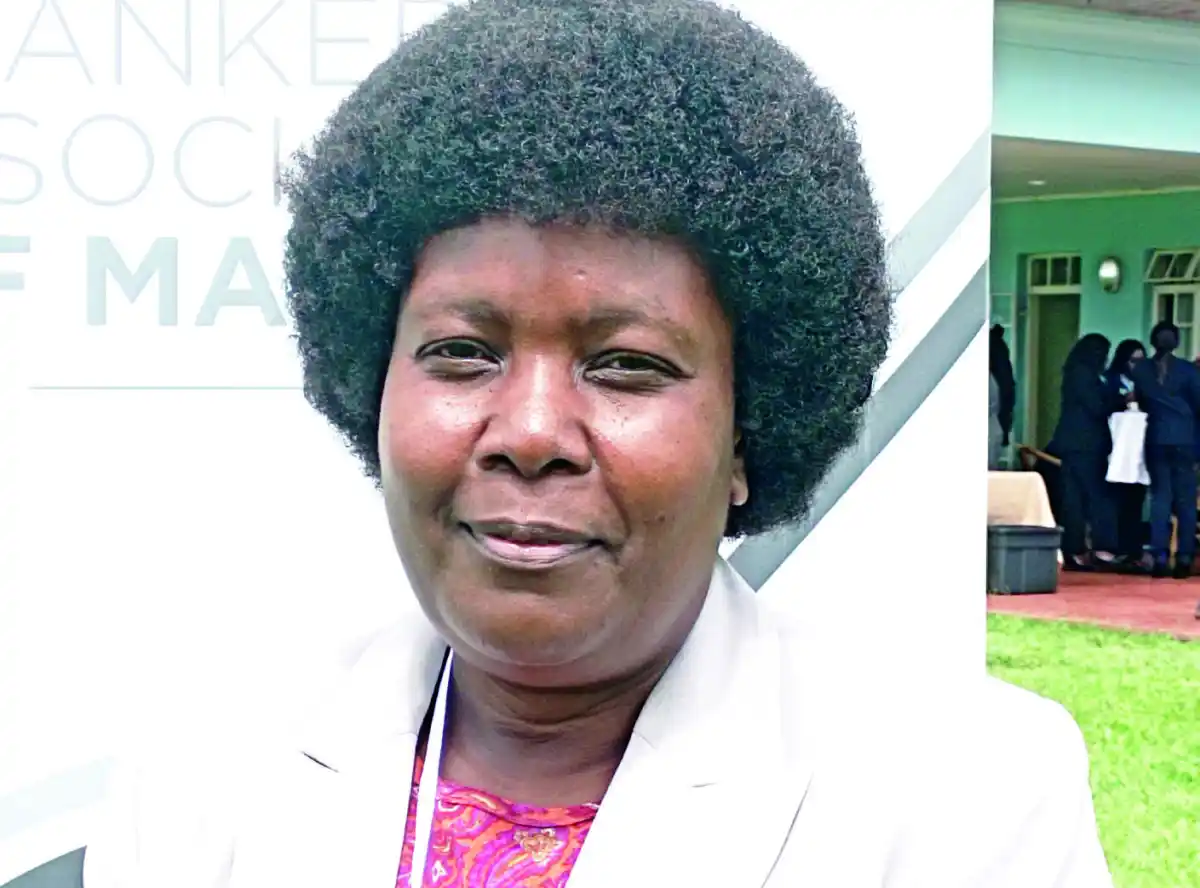
By Benadetta Chiwanda Mia:
The Bankers Association of Malawi (Bam) is pushing for a reduction in the liquidity reserve requirement (LRR) ratio, arguing it would strengthen banks’ ability to leverage capital and increase lending.
LRR is the percentage of liquid assets a bank must keep on hand, held by a central bank, to ensure stability of the banking system. It is one of the instruments the Reserve Bank uses to check money supply.
Reserve Bank of Malawi raised the LRR for domestic deposits to 10 percent during its fourth Monetary Policy Committee (MPC) meeting last November, marking a 125-basis point increase.
Speaking at a pre-budget consultation in Blantyre on Friday, Bam Chief Executive Officer Lyness Nkungula emphasised that a lower LRR would boost economic growth by increasing available funds for investment and spending.
Nkungula advocated for Small and Medium Enterprise-focused tax relief and incentives to improve credit accessibility while emphasising the need to streamline export procedures to enhance efficiency.
Furthermore, Bam proposed tax incentives for banks investing in digital infrastructure to boost technology adoption and expand banking access, particularly in rural areas.
“This would energise economic growth by supporting our economy’s foundation. Reducing bureaucracy and simplifying processes will create smoother export operations, benefiting both businesses and the broader economy.
“We are suggesting tax policies that reward savings and investments, including tax deductions on savings account interest and incentives for long-term investments. Malawi needs a tax framework that fosters industry growth. Current tax rates are too high for our context, yet more industries would increase tax revenue. We need clearer taxation guidelines to simplify the Act and improve comprehension,” Nkungula said.
National Planning Commission (NPC) Director General Thomas Chataghalala Munthali emphasised the urgent need to boost domestic development financing to achieve national goals.
He noted that grants revenue fell 61 percent short in the 2024/2025 mid-term budget review.
“…that is an indication that the money that was supposed to come from donors did not materialise. So, we need to strategise and find ways of financing our development projects using revenue in sectors such as mining and agriculture,” Munthali said.
Finance Minister Simplex Chithyola Banda stressed the importance of joint efforts to identify growth-stimulating budget priorities while building resilience during the recovery period.
However, despite ongoing challenges, Banda remained positive about economic prospects.
“We project four percent economic growth in 2025, with other macroeconomic indicators also showing recovery signs” Banda said.








0 Comments